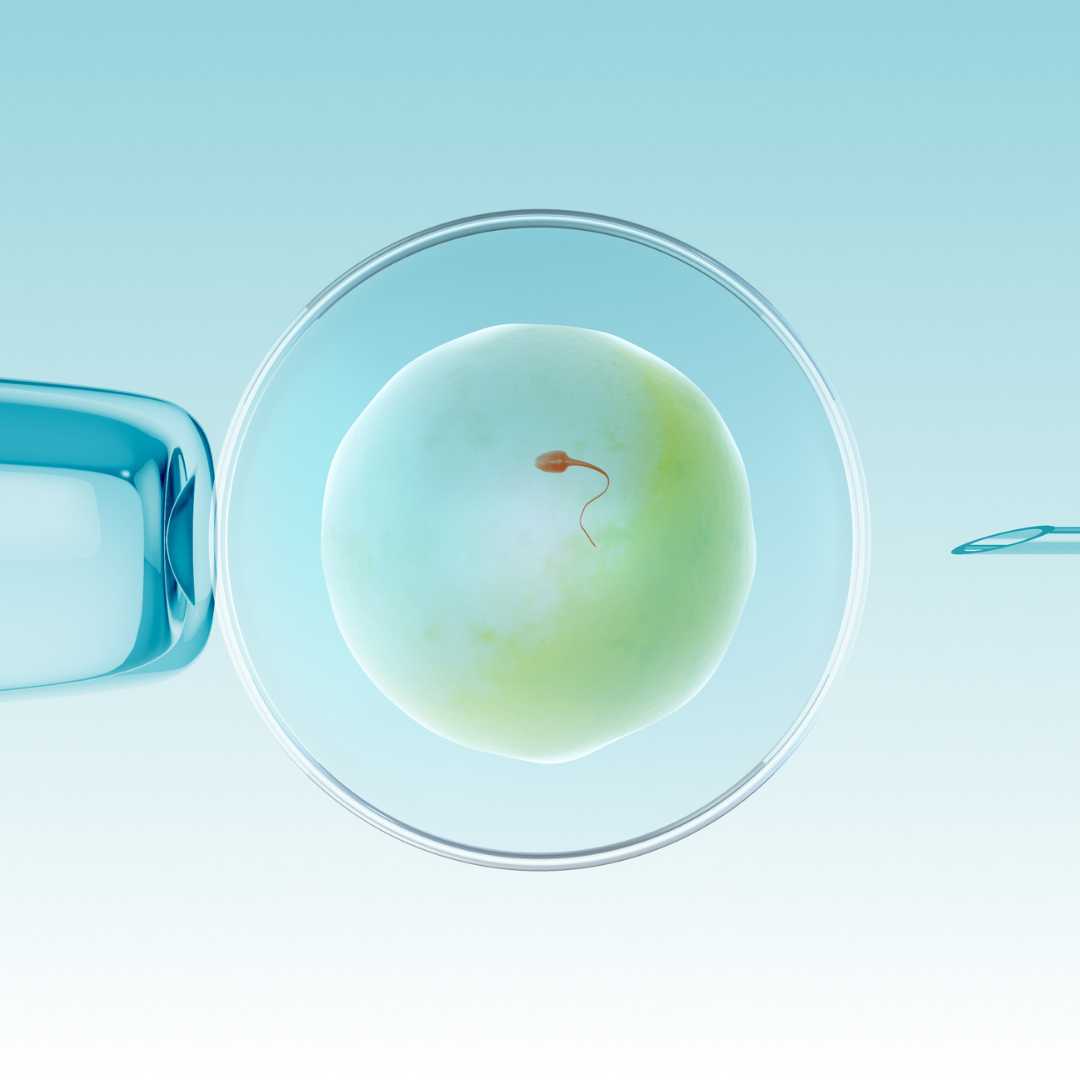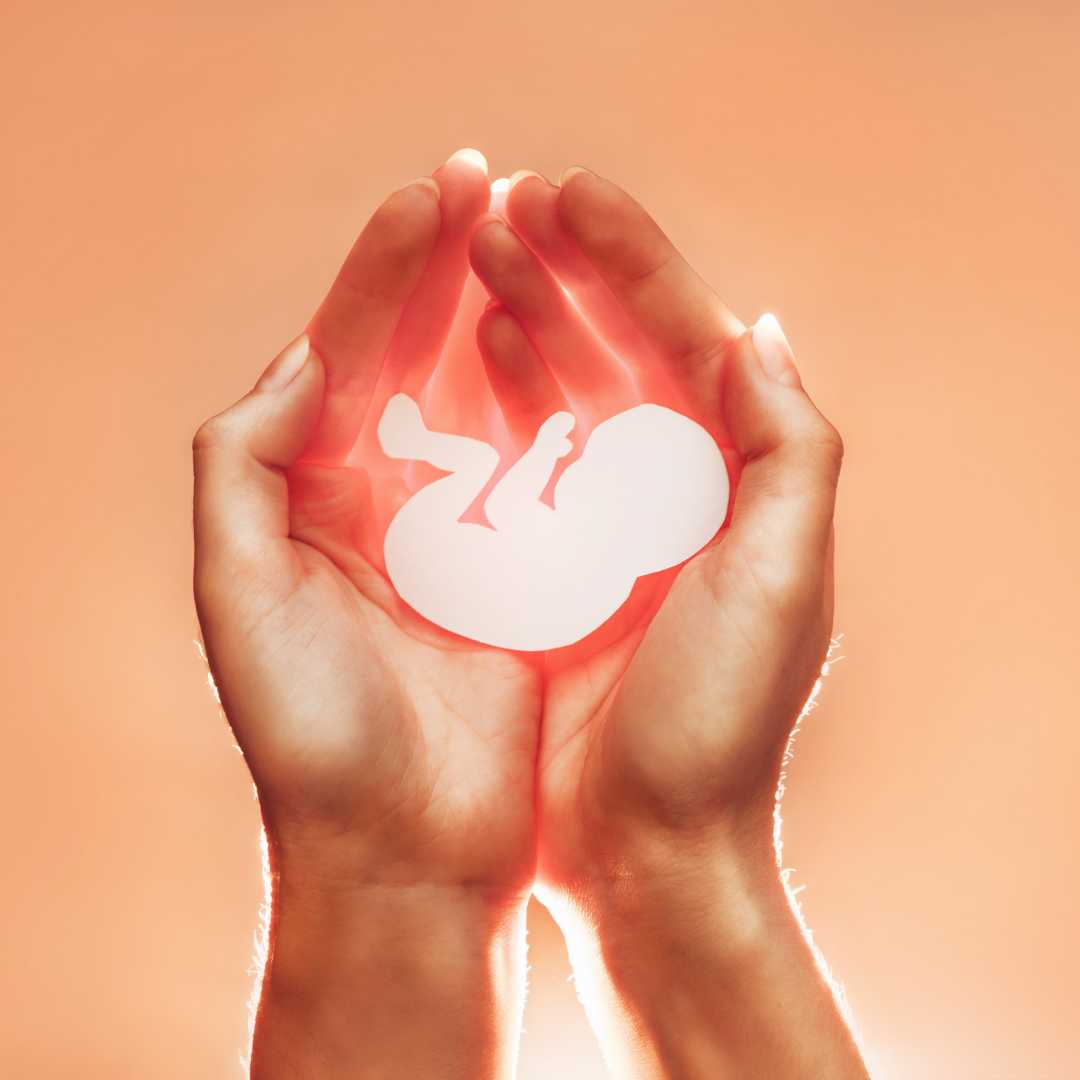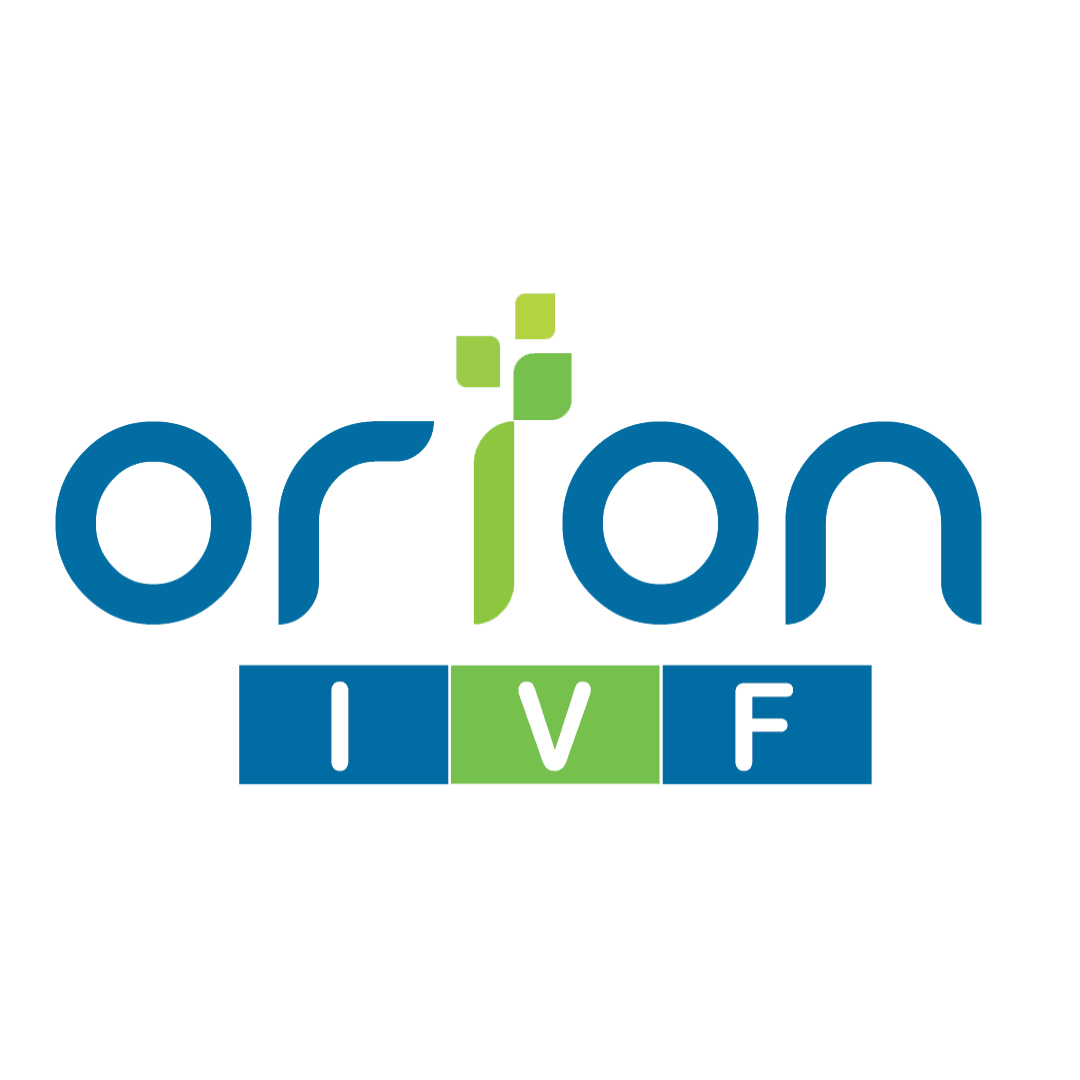How does the cost of donor egg IVF in India?

If you're asking, "How much does an egg donation cost in India?" you are exploring one of the world's most popular and affordable destinations for high-quality fertility care. India's combination of advanced medical technology, highly skilled specialists, and a clear legal framework makes it a beacon of hope for intended parents globally.
Embarking on a journey to parenthood with the help of an egg donor is a profound and hopeful decision. For many, this path is necessary due to factors like advanced maternal age, low ovarian reserve, or genetic concerns. While the emotional investment is significant, the financial aspect can often be a major hurdle. In countries like the United States or the UK, the cost of IVF with donor eggs can be prohibitive, often exceeding $30,000. This is where India offers a compelling and compassionate alternative. The cost of egg donation in India is a fraction of what it is in Western nations, and this affordability does not come at the expense of quality or safety.
India's fertility sector is governed by the comprehensive Assisted Reproductive Technology (ART) Regulation Act, 2021, which ensures ethical practices and protects all parties involved—the intended parents, the donor, and the future child. This guide will provide a detailed breakdown of the IVF with donor egg cost in India for 2025. We will delve into what the price includes, the legal requirements for donors, the step-by-step process for international patients, and the high success rates you can expect. By the end, you will have a clear understanding of why India is a leading choice for building your family through egg donation.
What is the total cost of an IVF cycle with donor eggs in India?
The cost-effectiveness of fertility treatment in India is a primary reason it attracts thousands of international patients each year. While a similar procedure in the US can cost upwards of $30,000, the total expense in India, even including travel and accommodation, remains substantially lower. This affordability makes advanced fertility treatment accessible to a much broader range of people.
It's important to understand that this is a package price. Reputable clinics in India are very transparent about their pricing for international patients, often bundling all necessary services into a single, clear quote. This approach helps intended parents budget effectively without the worry of hidden fees.
What is included in the egg donation cost in India?
A typical all-inclusive package for IVF with donor eggs will cover the following components:
- Donor Screening and Selection: Thorough medical and psychological screening of the egg donor to ensure she meets the legal and health requirements.
- Donor Compensation: As per the ART Act, this is a reimbursement for the donor's time, effort, and expenses, not a commercial payment.
- Medications: All hormonal injections and medications required for the donor's ovarian stimulation.
- Consultations and Monitoring: All appointments and ultrasound scans for both the donor and the recipient.
- IVF/ICSI Procedure: The laboratory process of egg retrieval from the donor, fertilization with the partner's or donor's sperm (using ICSI), and embryo culture.
- Embryo Transfer: The procedure of transferring the resulting embryo(s) into the recipient's prepared uterus.
Are there any extra costs I should be aware of?
It's essential to get a detailed cost breakdown from your chosen clinic. Potential additional services that may not be in a standard package include:
What are the legal rules for egg donation in India?
The legal framework provides safety and ethical clarity for everyone involved. Key points of the ART Act include:
- Altruistic Model: Egg donors cannot be paid a "fee" for their eggs. However, they receive compensation for their lost wages, travel expenses, and the discomfort associated with the medical process.
- Strict Donor Criteria: An egg donor must be an ever-married woman, have at least one child who is a minimum of three years old, and be between the ages of 23 and 35.
- Lifetime Limit: A woman can only donate her eggs once in her lifetime, and no more than seven eggs can be retrieved.
- Anonymity: The identities of the donor and the recipient couple are kept confidential and cannot be disclosed to each other.
- Registered Clinics: All procedures must be carried out at clinics registered under the National Assisted Reproductive Technology and Surrogacy Board.
What is the success rate of IVF with donor eggs in India?
The primary factor determining IVF success is the quality of the egg. By using eggs from donors who are in their prime reproductive years (23-35 as per law), the chances of creating a healthy, viable embryo increase dramatically. This is especially beneficial for intended mothers who are older or have a diminished ovarian reserve.
Success rates can vary slightly from clinic to clinic based on their laboratory standards, the expertise of the embryologists, and the health of the recipient. However, the rates in India's top fertility centers are on par with, or even exceed, those of the best clinics worldwide.
What is the process of finding an egg donor in India?
Under Indian law, you cannot bring your own donor or use a relative. The clinic facilitates the entire matching process to ensure compliance and anonymity. The steps are as follows:
- Consultation: You discuss your requirements and preferences with your fertility specialist.
- Profile Review: The clinic provides you with access to a secure database of pre-screened, available donors. Profiles will contain non-identifying information like:
- Physical attributes (height, weight, hair/eye color)
- Educational and professional background
- Family medical history
- Blood type
- Selection: You choose a donor who you feel is the best match for your family.
- Confirmation: Once you select a donor, the clinic initiates the process of cycle synchronization.
How are egg donors screened in India?
The screening is extensive to ensure the health of the donor and the resulting child. It includes:
- Medical Screening: Blood tests for infectious diseases, blood type, and general health markers. A pelvic ultrasound is done to assess ovarian reserve.
- Genetic History: A detailed review of family medical history to screen for hereditary conditions.
- Psychological Evaluation: A session with a counselor to assess the donor's mental well-being and to confirm she is providing informed consent without any coercion.
Why is India a popular destination for egg donation treatment?
Intended parents choose India for several compelling reasons:
- Cost Advantage: The most significant factor is the ability to access world-class treatment for 60-70% less than in the West.
- Medical Excellence: Indian fertility specialists are renowned for their expertise and experience.
- No Waiting Lists: Due to a large and diverse population, there are generally no long waiting lists for finding a suitable egg donor.
- Legal Security: The ART Act provides a secure and ethical environment for treatment, protecting the rights of all involved.
Can foreigners access egg donation services in India?
India has long been a hub for medical tourism, and its fertility clinics are well-equipped to handle international patients. Many clinics have dedicated teams to assist with travel logistics, accommodation, and communication, ensuring a smooth and stress-free experience for patients traveling from abroad. It's advisable to check for any specific visa requirements for medical travel from your country of origin.
Ready to take the next step toward building your family? India offers a path to parenthood that is safe, effective, and affordable. PlacidWay can connect you with India's leading fertility clinics that specialize in egg donation for international patients. Contact us today for a free, personalized quote and start your journey with confidence.


.png)




.png)









Share this listing